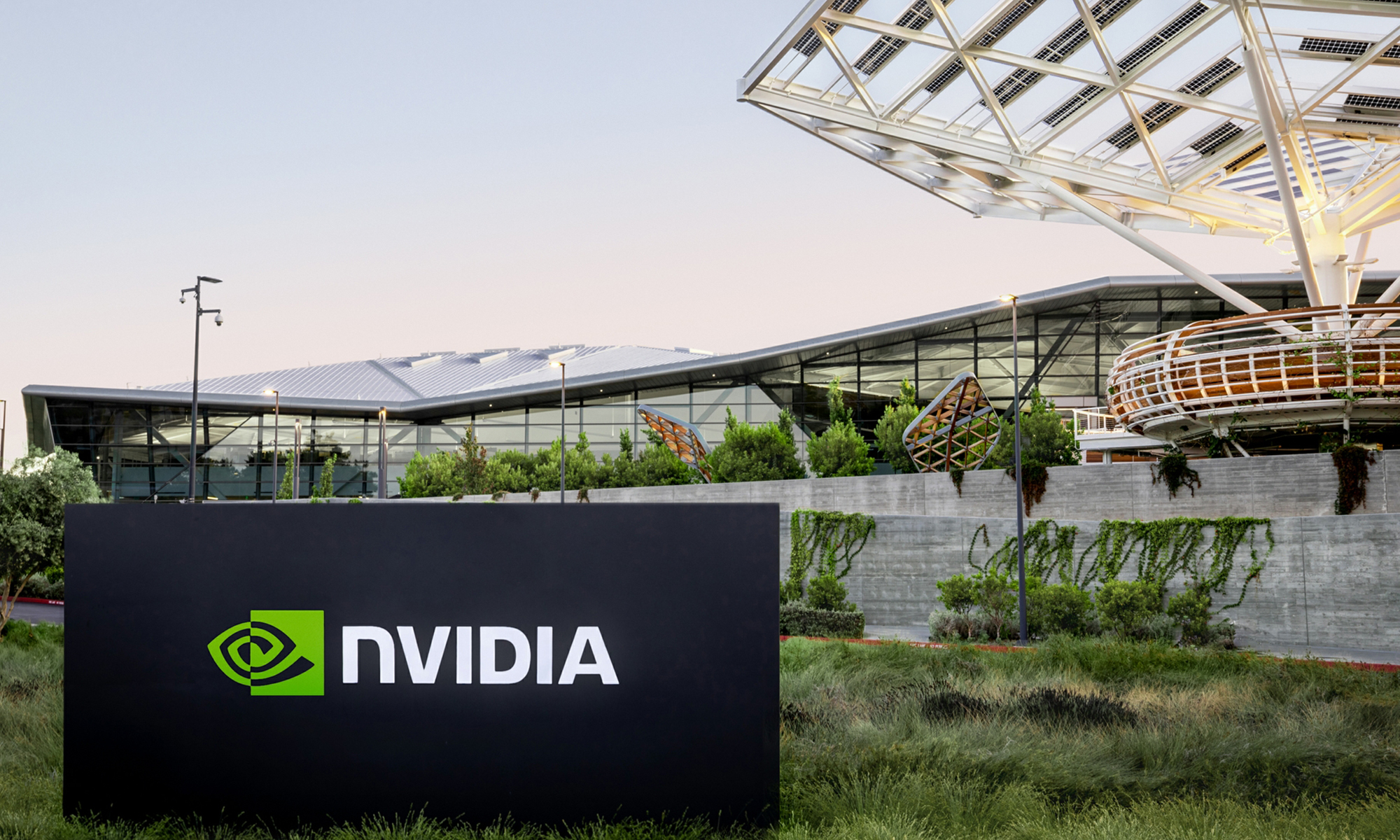To use an old saying, the world was Nvidia's (NVDA 3.18%) oyster. The company reached out to global markets as it wished, selling its top artificial intelligence (AI) chips and generating explosive growth. But in more recent times, the U.S. -- beginning with the administration of former President Joe Biden and continuing with current President Donald Trump -- has put in place certain restrictions.
The Biden administration in 2022 launched export controls, limiting the types of AI chips that could be sold to the major market of China, then earlier this year issued the AI Diffusion Rule to further strengthen that position. The Trump administration recently revoked the diffusion rule, but said it would replace it with other guidelines soon. Meanwhile, Nvidia received notice several weeks ago that it could no longer sell its previously approved H20 chips to the Chinese market due to a U.S. government rule, and this resulted in a billions-dollar charge for the company.
It's important to remember that in the last fiscal year -- the 12 months ended Jan. 26, 2025 -- China represented 13% of Nvidia's revenue, so if the restrictions continue at this level, they will weigh on growth. That's why investors have paid close attention to Nvidia CEO Jensen Huang's comments and plans regarding the situation. And he just delivered a startling message during the recent earnings call. Let's take a look at what it could mean for the stock.

Image source: Getty Images.
Nvidia's exports to China
Nvidia had specifically designed the H20 AI chip, based on its Hopper architecture, to respect the U.S. government's guidelines and had earned approval to export it. But, back in April, it received word from the government that it couldn't export the H20 without a license. The U.S. hasn't yet issued such licenses to chip companies.
As a result, Nvidia was left with H20s it was unable to export, and it announced a $5.5 billion charge linked to that. In the company's earnings report this week, it lowered this to $4.5 billion as it was able to repurpose certain H20 materials. Nvidia's market share in China also has progressively declined from 95% about four years ago to 50% today.
Now, let's consider Huang's startling message about Nvidia's future in China.
"China is one of the world's largest AI markets and a springboard to global success," Huang said. "Today, however, the $50 billion China market is effectively closed to U.S. industry. We are exploring limited ways to compete, but Hopper is no longer an option."
The company's chief financial officer, Colette Kress, also said that the potential loss of China's AI accelerator market would have "a material adverse impact on our business."

NASDAQ: NVDA
Key Data Points
The worst-case scenario
Now, let's consider what this could mean for Nvidia. It's true that in the worst-case scenario, the company would completely lose access to China permanently, and this could weigh on its ability to grow. But two elements make me optimistic this scenario won't play out.
First, it's important to note that Huang generally is very resourceful and proactive. After all, he quickly led Nvidia's development of the H20 to respect guidelines and maintain a presence in China. So, it's clear he and his team are prioritizing this problem and may find ways to limit the damage.
Second, Huang hasn't tried to minimize the potential impact of closing the door to the Chinese market. He's sounding the alarm bell in a pretty loud way and clearly explaining how extremely restrictive policies could harm U.S. companies. This could encourage the Trump administration, as it considers new guidelines, to turn things around and allow U.S. companies such as Nvidia some access to the market.
Nvidia's biggest market
Meanwhile, it's important to note that through the latest fiscal year, the U.S. is by far the company's biggest market, generating $61 billion in revenue out of the company's total of $130 billion. And revenue from companies with billing addresses in all other geographic regions has climbed significantly. So, though a complete halt to China sales clearly would hurt Nvidia's growth, the company still continues to advance -- and lead -- in other areas throughout the world.
What might this mean for the stock? If the worst-case scenario happened, it likely would weigh on stock performance, at least in the short term. On a brighter note, I don't think this is a situation that would destroy Nvidia's long-term value considering the company's leadership in AI throughout the rest of the world. But, as mentioned, I'm optimistic a middle-of-the-road solution may be found, allowing Nvidia at least some opportunity in China, and if this happens, Nvidia shares could soar.





